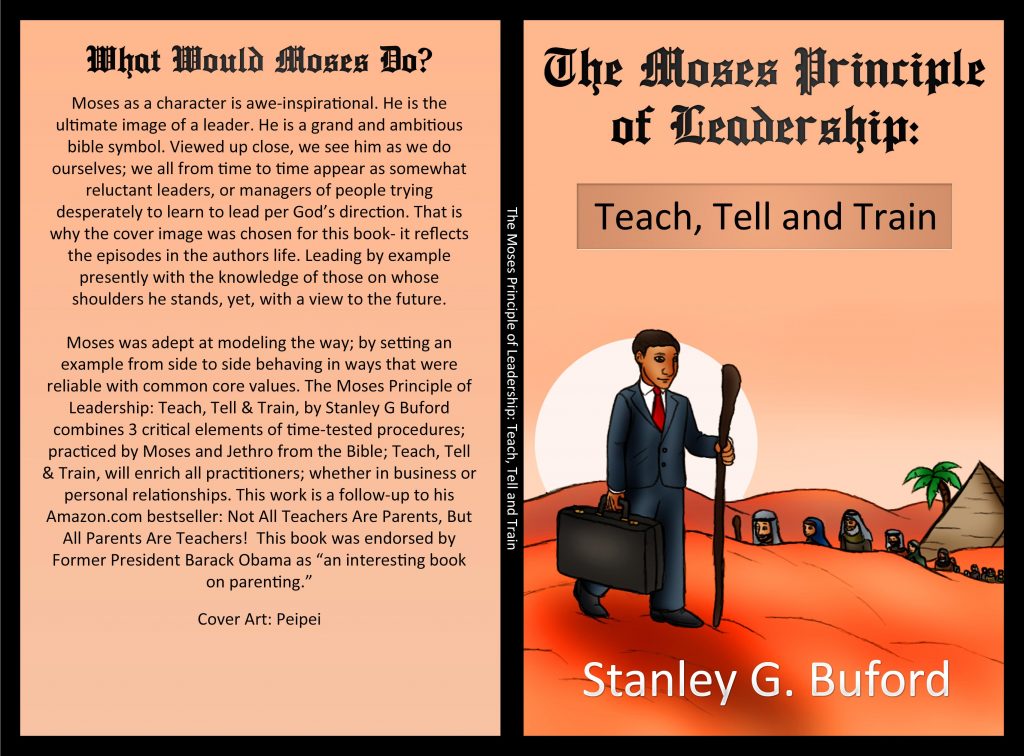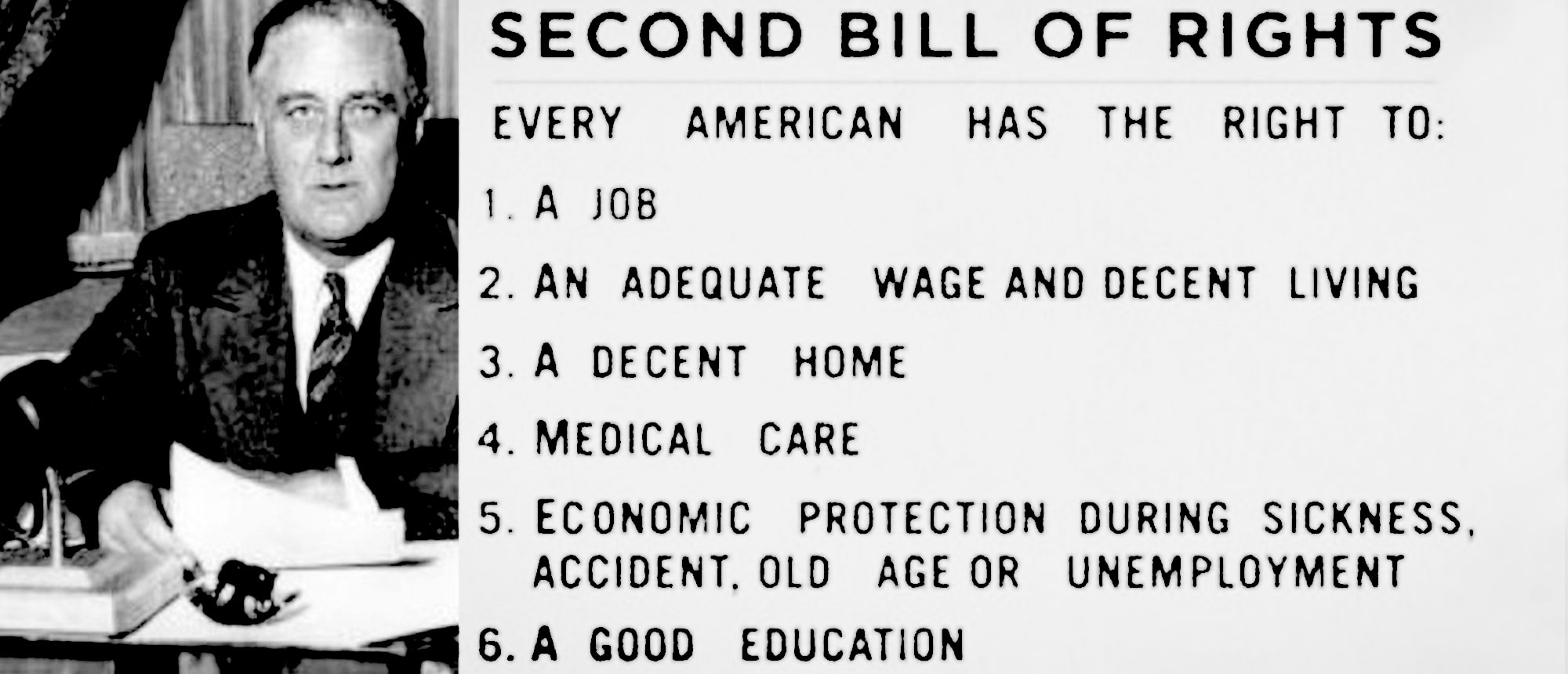(ThyBlackMan.com) As we look back on the accomplishments in this era of Covid-19 and the “new normal” it is important to remember we are all leaders by default. Reflecting on my class assignment this past week as a professor at the renowned Richard Daniel Henton University in Chicago, where this writer serves as Dean in the School of Leadership and Christian Education; I taught a lesson that is summed up in this commentary:
I am reminded of a dreadful stain on the history of America when the news of the death of one great leader, Dr. Martin Luther King, was just a new and breaking story; Robert Kennedy a present leader handled it flawlessly: What was extraordinary was how frankly, and calmly, Kennedy addressed the anger and hate that underlies irrational acts. Much like the frustration felt by Black males when unscrupulous, police practice brutality in the Urban Centers of America. Kennedy told what had happened, and he went right into calm. He was not angry, or even emotional. The audience followed this lead. RFK was in a position to empathize. In one of the most memorable moments in the speech, he connects to his audience by reminding them that his brother was also killed—“by a white man.” Implicit in this is irrationality—the irrationality of generalizations, whether about race, or religion, or any other pat demographic stat. He urged understanding.
And then he referenced something—some words—that had helped him. Kennedy said:
One of my favorite poets was Aeschylus. He once wrote, “And even in our sleep, pain which cannot forget falls drop by drop upon the heart, until in our own despair, against our will, comes wisdom through the awful grace of God.”
As a leader, you must develop a passion for mentoring, engaging and teaching other leaders. In management, the real leadership test is your ability of reproducing yourself in others. Inspire the team you assemble to buy into your own vision until they become part of it and also want to own it as you do.
The 3 T’s outlined by the Jethro Model for effective management of people:
- Teach—Instruct those entrusted to your care
- Tell—Verbally exemplify by way of illustration
- Train—Give yourself as an example and follow-up
Effective leaders develop and create strong teams
Make a list of qualities you wish to see among your candidates and base your selections on these criteria. With your select and committed team, share your vision which in turn they will teach to others.
Effective leaders’ delegate
Great leaders focus on the larger macro picture and then break it down into smaller chunks that are manageable. These they then assign to trusted team members.
Effective leaders develop an accountability system
This is also a biblical based principle. Jesus Himself demanded from the Disciples an account of what they had taught or done (Mark 6:30).
Effective leaders empower and encourage excellence
Encourage dedication and commitment through assisting your team to become organized even in their family and personal lives. Also take part in stimulating their personal and professional development.
When in doubt…delegate!
The advice of Jethro wasn’t about streamlining the court. Neither was it about appointing people to summarize for Moses the information so he could dispense faster verdicts.
Rather the wise counsel of Jethro was to delegate: to mentor and train other upcoming leaders who could assume some aspects of the authority of Moses and be part of taking care of the nation. Moses would then become a leader rather than holding back everybody. He could now handle his portion of the workload and the people wouldn’t get necessarily frustrated. Upcoming leaders would get trained for bigger things and people would get justice administered.
Through following the above principles, you start bearing the burden of your bigger vision with some other like-minded persons. This way, you will be serving alongside dedicated and happy people who will be helping you to avoid burn out, endure the journey, and finally finish well—the great rewards that come with effective leadership.
Volunteerism: A Message to Leaders
The United Nations, as an organization, estimates that 1 billion people volunteer every year, giving their time to help their own communities or travel abroad. Added to this, the pandemic has sparked a surge in volunteering at the local level. Millions of people are sharing their time, skills, and knowledge to support their fellow self-isolators — from food deliveries for the elderly to walking front-line health care workers’ dogs. In the face of lockdowns and social distancing, volunteers are mobilizing, moving online, and finding entirely new ways to play a crucial role in the coronavirus response. A good leader should always remember these tips with regard to volunteers:
- Respect their time and opportunity cost.
Do not waste the time of your volunteers. Opportunity Cost is the time you invest as a volunteer that you could be doing something else. When you have a meeting with your volunteers, make sure the meeting is important to what they are trying to get accomplished in ministry. Start on time. Be prepared. Let them know that you have done what you need to do to be ready for your time with them. Side note: No productive meeting should last longer than an hour. Always respect the value of time. Your volunteers will respond accordingly.
- Say “thanks” often.
This saying “thanks” may be in a formal way, such as a banquet, dinner or public acknowledgment. These immense ways of thanking your volunteers are important. But, also remember to say “thanks” often in your personal conversations with them. Let them hear from your heart that you are grateful for the investment they are making in the work of the kingdom of God. Written notes provide another great way to express appreciation for what the volunteers are doing. A few “thanks” goes a long way in expressing value for those who sacrifice to make ministry happen.
Application Today
Great things are happening even today for leaders by default; (in business and elsewhere). However, there are possibilities of serious consequences if we allow the concept of our calling or sacred duty to turn into some form of micro-management. It should also be noted here that 80% of the work in the church is done by 20% of its people. A more dramatic look at business entities of today would yield similar results. It is incumbent upon on the leaders of tomorrow to tap into this professional climate in order to get the most productive output from a reluctant work base with what exist at the present time when volunteerism in some places of worship has sunk to an all-time low; not looking down the road at times to come as we navigate our way through the Coronavirus Pandemic and beyond.
Want to Read more? Get the book: The Moses Principle of Leadership, Teach Tell and Train:

Staff Writer; Stanley G. Buford
Feel free to connect with this brother via Twitter; Stanley G. and also facebook; http://www.facebook.com/sgbuford.




















Leave a Reply